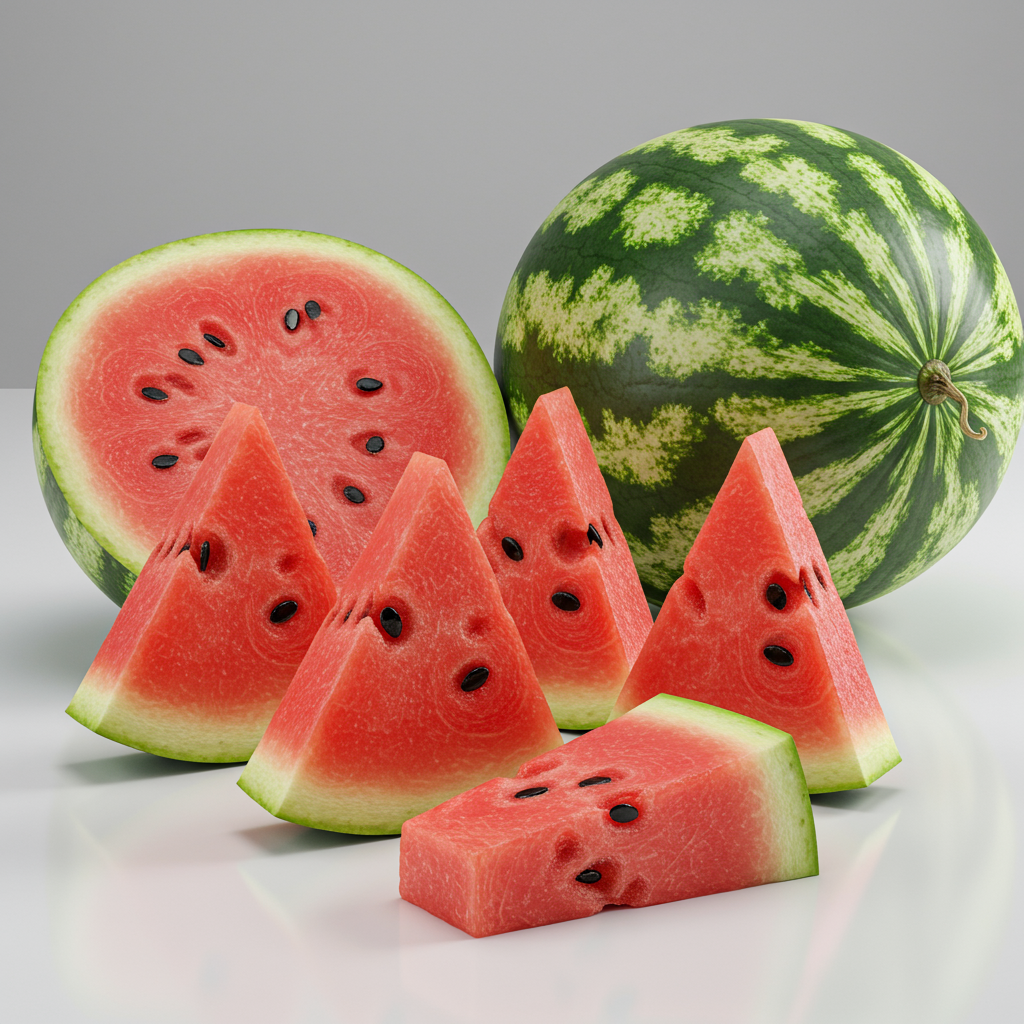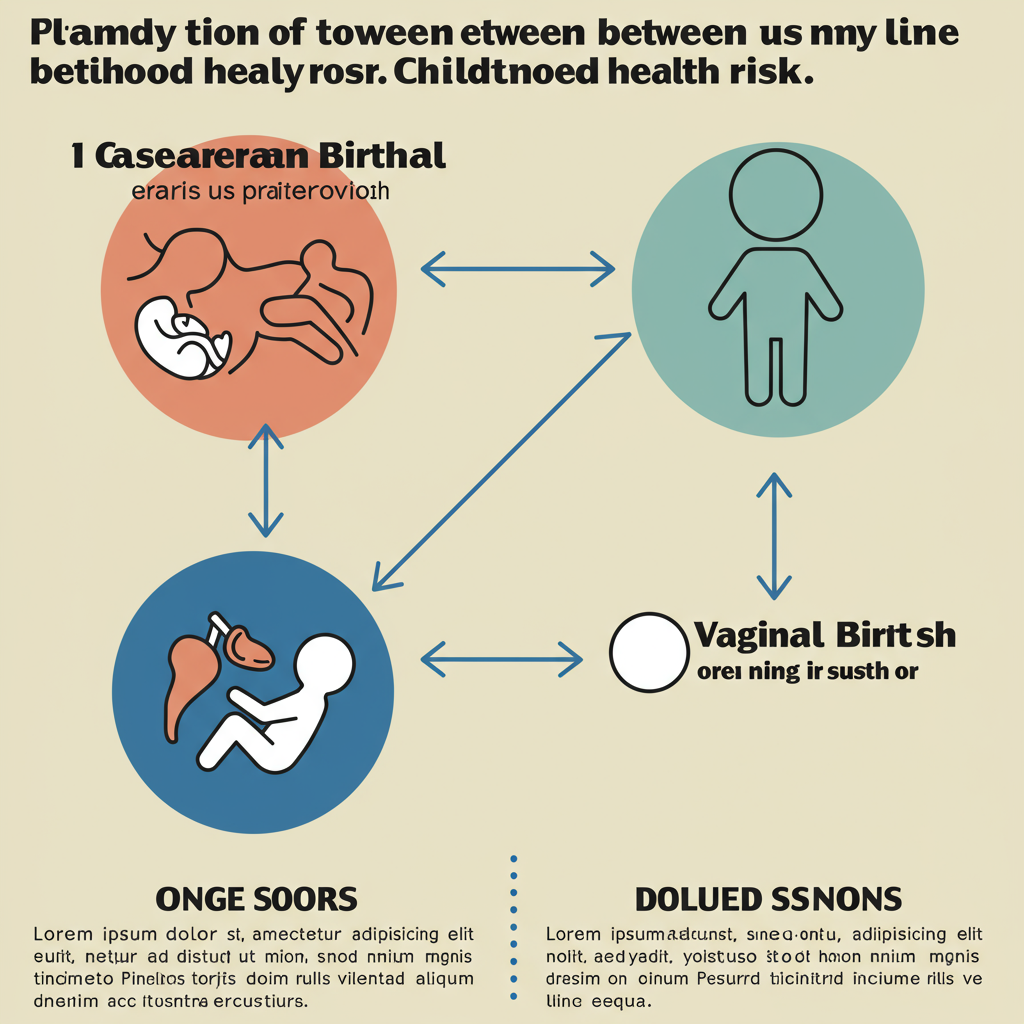Often hailed as the quintessential summer fruit, watermelon is far more than just a refreshing treat. This juicy member of the gourd family (Cucurbitaceae) boasts a impressive nutritional profile and offers a range of health benefits that make it a valuable addition to your diet year-round. With its vibrant red or pink flesh, studded with black seeds (though seedless varieties are popular), and a firm green rind, watermelon ( Citrullus lanatus) is as visually appealing as it is delicious.
Originally cultivated in Africa, watermelon is now enjoyed globally, served chilled in countless ways – from simple slices and fruit salads to blended drinks, frozen treats, and even savory applications like grilling or salsas. Its popularity stems not only from its sweet taste and high water content but also from the wealth of vitamins, antioxidants, and other beneficial compounds it contains.
What Makes Watermelon So Nutritious?
Watermelon is remarkably low in calories while being packed with essential nutrients. A standard serving provides a good source of hydration and contributes key vitamins and antioxidants.
Here’s a look at the nutritional profile of approximately 100 grams of watermelon:
Energy: 30 kcal
Carbohydrates: 7.55 g
Fibre: 0.4 g
Total Sugars: 6.2 g
Calcium: 7 mg
Iron: 0.24 mg
Magnesium: 10 mg
Phosphorus: 11 mg
Potassium: 112 mg
Vitamin C: 8.1 mg
Beyond these, watermelon also provides Vitamin A (converted from beta-carotene), B vitamins, and beneficial antioxidants like lycopene and L-citrulline.
Key Health Benefits of Eating Watermelon
Incorporating watermelon into your diet can support various aspects of your health. Here are some of the top benefits:
- Exceptional Hydration: Composed of approximately 92-95% water, watermelon is one of the most hydrating fruits available. Eating it helps maintain body fluid balance, regulate body temperature, and keep you feeling refreshed, especially important in warm weather or after physical activity.
- Rich in Essential Vitamins and Antioxidants: Watermelon is a great source of Vitamin C, crucial for immune function and skin health. It also contains Vitamin A (from beta-carotene), vital for healthy vision and skin cell regeneration. Its vibrant color comes from lycopene, a powerful antioxidant that helps protect your cells from damage caused by unstable molecules called free radicals.
- Supports Heart Health: Watermelon contains nutrients beneficial for your cardiovascular system. Lycopene may help reduce inflammation and oxidative stress, both risk factors for heart disease. The presence of potassium helps regulate blood pressure by counteracting the effects of sodium. Additionally, the amino acid L-citrulline found in watermelon can be converted in the body to L-arginine, which helps relax blood vessels and improve blood flow.
- May Have Anti-Cancer Properties: Emerging research suggests that the high concentration of antioxidants, particularly lycopene, in watermelon may contribute to reducing the risk of certain types of cancer, including prostate, breast, and lung cancer, by protecting cells from oxidative damage.
- Combats Inflammation and Oxidative Damage: Chronic inflammation and oxidative stress are linked to many chronic diseases, including diabetes, arthritis, and cancer. The antioxidants and anti-inflammatory compounds in watermelon, like lycopene and Vitamin C, help neutralize free radicals and reduce inflammation throughout the body.
- Promotes Skin Health: The combination of Vitamin C, Vitamin A, lycopene, and high water content makes watermelon excellent for your skin. Vitamin C is essential for collagen production, which keeps skin firm and elastic. Vitamin A aids in skin cell repair, and lycopene may help protect skin from sun damage and reduce the appearance of wrinkles and age spots. The high water content keeps skin hydrated and supple.
- Aids Digestive Health: Watermelon provides dietary fiber and, more significantly, a high volume of water, both of which are crucial for healthy digestion. Fiber adds bulk to stool, promoting regular bowel movements and preventing constipation. The water content helps keep the digestive tract moving smoothly.
- Helps Muscle Recovery: The L-citrulline in watermelon may help reduce muscle soreness and improve recovery time after exercise. By converting to L-arginine, it can enhance blood flow to muscles, aiding in the removal of metabolic waste products. Some studies suggest it could also potentially improve exercise performance and reduce fatigue.
- Supports Eye Health: The beta-carotene in watermelon is converted into Vitamin A, a key nutrient for maintaining healthy vision and preventing conditions like night blindness and age-related macular degeneration. Antioxidants like Vitamin C and lycopene also help protect the eyes from oxidative damage.
- Contributes to Weight Management: Due to its high water content and relatively low-calorie density, watermelon can help you feel full without consuming a large number of calories. Its natural sweetness can satisfy sugar cravings, making it a healthier alternative to processed sugary snacks. Studies have shown it can increase feelings of fullness compared to calorically equivalent snacks.
- May Benefit Bone and Joint Health: Watermelon contains nutrients like Vitamin C, lycopene, and potentially beta-cryptoxanthin, which may play a role in reducing inflammation associated with arthritis. Lycopene and Vitamin C also support collagen production, vital for healthy bones and joints, and may help improve bone density.
Beyond the Flesh: Edible Seeds and Rind
While the sweet flesh is the most popular part, watermelon seeds and even the rind are edible and offer their own set of nutrients!
Watermelon Seeds: Often discarded, these tiny seeds are surprisingly nutritious. They are a good source of magnesium, iron, zinc, folate, healthy fats, and protein. These nutrients are important for various bodily functions, including heart health, energy production, immune support, and muscle function. Roasted watermelon seeds can be a crunchy, nutrient-dense snack.
Watermelon Rind: The white part of the rind, closer to the green skin, is lower in sugar and higher in fiber than the flesh. This fiber content aids digestion and helps slow down sugar absorption. The rind is also particularly rich in L-citrulline, the amino acid linked to improved blood flow and potential blood pressure reduction. The rind can be pickled, juiced, or even cooked.
Incorporating both the seeds and rind (in appropriate forms) is a great way to maximize the nutritional benefits of the entire fruit and reduce food waste.
Common Questions About Watermelon
Can I eat watermelon every day? Yes, enjoying watermelon daily in moderation can be a healthy addition to your diet. However, like all foods, balance is key.
Is watermelon high in sugar? Watermelon contains natural sugars (about 6 grams per 100g), but it is relatively lower in sugar compared to some other fruits like bananas or apples. Its high water content also means you get more volume for the sugar content. If you have diabetes or are monitoring sugar intake, be mindful of portion sizes and consume it as part of a balanced meal or snack.
When is the best time to eat watermelon? Watermelon is great anytime! Its hydrating properties make it excellent in the morning or as a midday snack. Eating it on an empty stomach might aid digestion for some. It’s also a fantastic post-exercise snack to replenish fluids and nutrients.
Is watermelon good for skin? Absolutely. Its high levels of Vitamins A and C, along with lycopene and water, support collagen production, protect against sun damage, and keep skin hydrated and supple.
Is it bad to drink water after eating watermelon? There is no scientific evidence to support the claim that drinking water immediately after eating watermelon is harmful or disrupts digestion. The idea is likely a myth. Watermelon already has very high water content, and adding more water is generally fine.
Can I live on a diet of only watermelon? No, a diet consisting solely of watermelon is not advisable. While nutritious, it lacks essential nutrients found in other food groups (like protein, healthy fats, and many vitamins/minerals in sufficient quantities). A balanced diet with variety is crucial for overall health.
Conclusion
Watermelon is a delicious and incredibly healthy fruit, offering significant hydration, a wealth of vitamins and antioxidants, and potential benefits for your heart, skin, digestion, muscles, and more. By enjoying watermelon regularly, you can easily boost your nutrient intake and support your overall well-being. Don’t forget to consider the often-overlooked seeds and rind for an extra nutritional punch!




